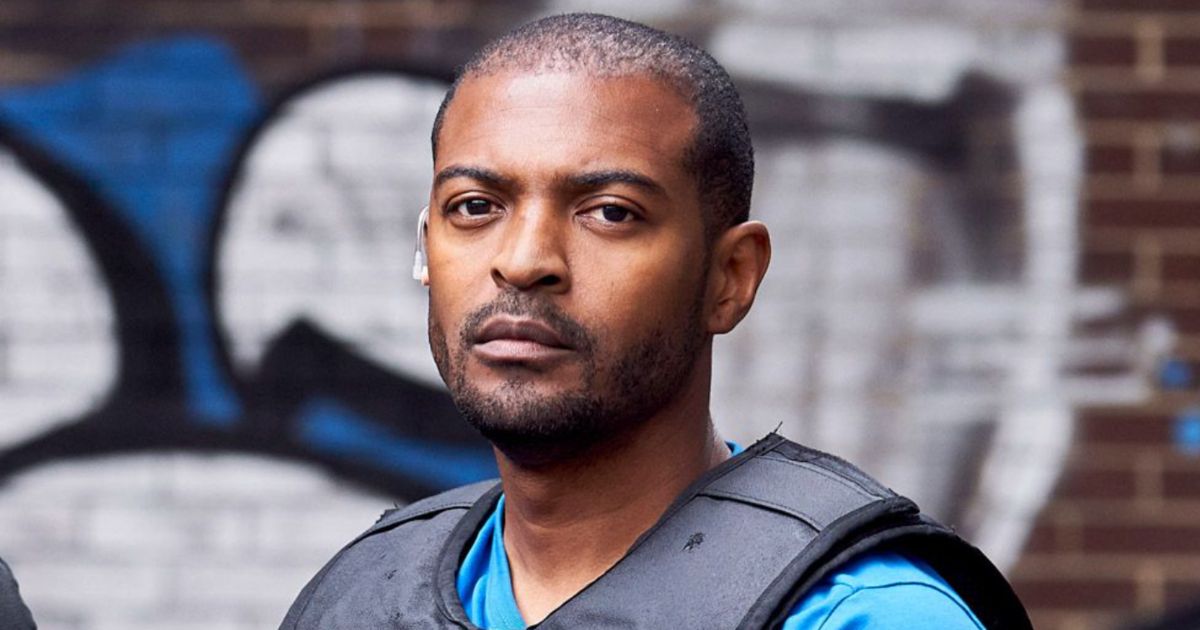The film, which stars Sophie Marceau as Bernheim, begins with her receiving a call informing her that her dad, André (André Dussollier), has had a stroke. Partly paralyzed, unable to function on his own, he soon makes what she regards as an unthinkable request: He wants to die by assisted suicide. And over the course of the film, as Emmanuèle and her sister, Pascale (Géraldine Pailhas), grapple with whether Emmanuèle should accede to his wishes—it’s significant that he’s asked her and not Pascale—he remains resolute, wavering only once, by my count, so that he can see his grandson perform in a clarinet recital.
While end-of-life care raises a host of complicated issues that many people understandably put off dealing with as long as they can, Emmanuèle’s perspective initially seems strangely blinkered. Obviously, she doesn’t want her father to die, but the way Ozon presents the character, for a long stretch of the film it’s as if she doesn’t even recognize how much he is struggling, and why he might believe it’s time to go. The seeming one-note dynamic softens as the film goes on, as back story emerges. André married Emmanuèle’s mother (Charlotte Rampling) despite his being gay. She has long been debilitated herself, from Parkinson’s disease. André is upset by the attempts of a lover, Gérard, to visit him.
“Everything Went Fine” gathers momentum as what André calls “D-Day” approaches. André cannot die by assisted suicide in France—by law, he is not suffering enough—and so he must travel to Switzerland, where a woman played by Hanna Schygulla (not seen enough in this movie, or most movies) will make the arrangements. Certain elements of the drama, such as the extended family’s history with the Holocaust, and how the concept of Holocaust survival might affect the decision to die, are only cursorily addressed, and reading about the real-life figures, and Ozon’s friendship with Bernheim, unquestionably deepens the film in retrospect for those who—like me—went in with little knowledge of the project’s genesis. Whatever its flaws, “Everything Went Fine” rallies with a beautiful final act, cutting to black at a moment that is simple but devastating.
You can view the original article HERE.
















.jpg)












